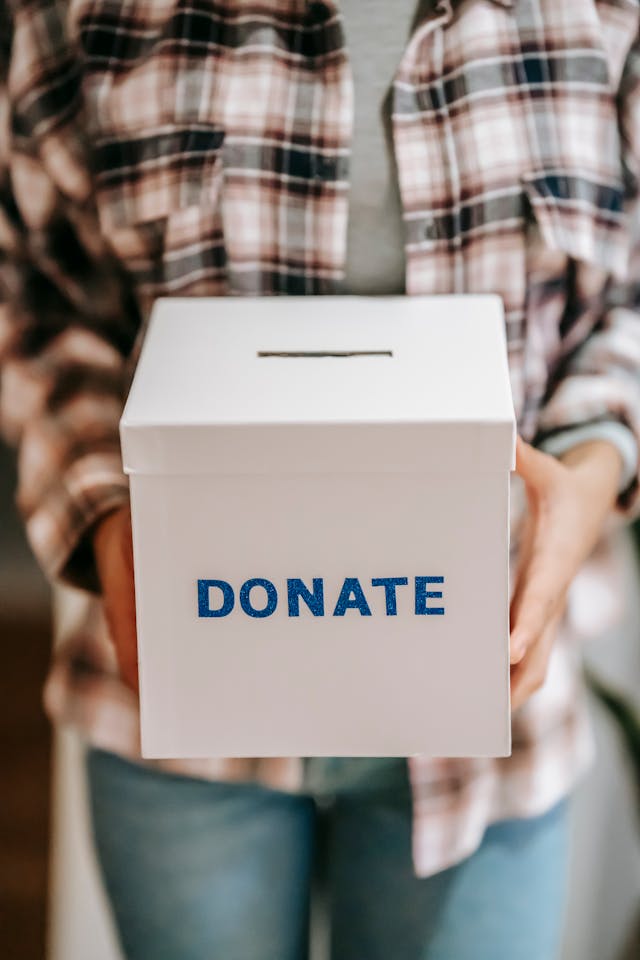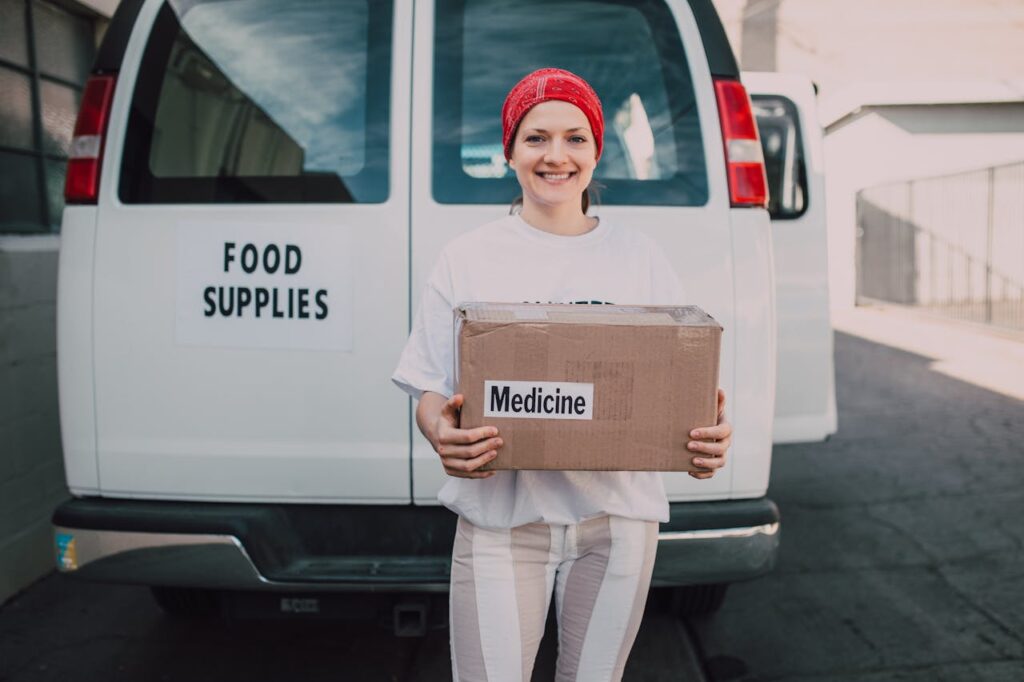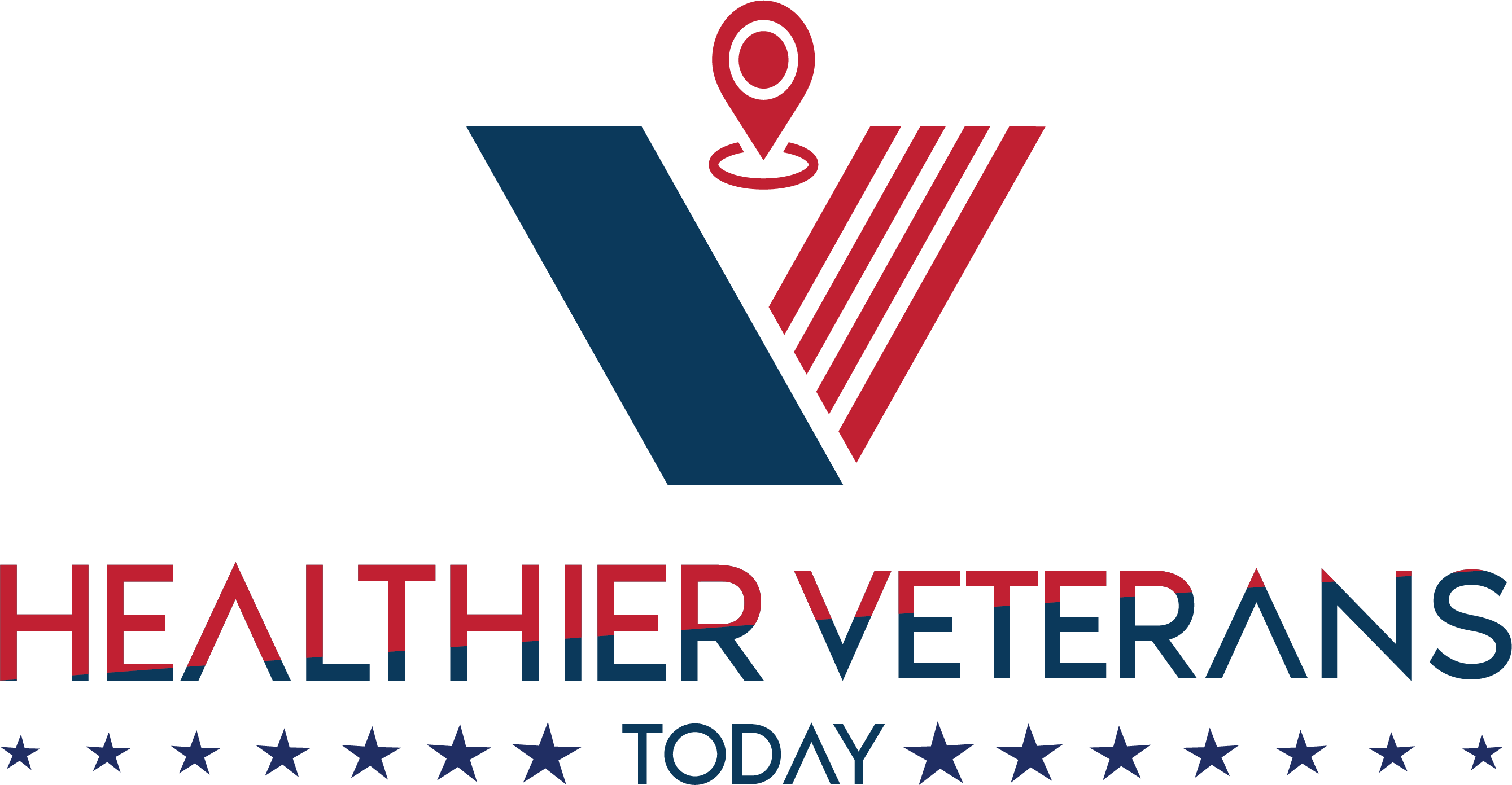Did you know that veteran charities were founded by veterans themselves? Gratitude is usually shown through ceremonies and parades. These veterans do so much for our country; how could we not give back? Today, we’ll discuss why it is needed, the challenges, the role, and improvements. Let’s get started!
Table of Contents
The Need for Support

Many individuals only recognize the struggles veterans face in the military, but they are far beyond the battlefield. Life after the military can be challenging. Some have mental health issues, while others have physical wounds from combat. Therefore, we need excellent veteran support programs to address and help with their needs. It must cover physical, mental, financial, and social well-being. These veterans can successfully transition into civilian life with the right support.
The Role of Veteran Charities

Veteran charities offer veterans and their households services during different phases of their lives. This can be monetary support for necessities, like shelter, bills, food, and bills related to health care. It is also essential that charities provide immediate assistance for the basic life situations in which people find themselves unprepared, for example, buying a car or having a broken water pipe. This way, veteran charities can act as a safety net. They actively attend to veterans’ financial needs, enabling them to live satisfactory lives with their family members.
Mental Health Support Programs
Many charities are focused on mental health issues. They offer counseling services, recovery groups, and peer counseling. This addresses PTSD, depression, anxiety, and substance abuse. These programs help them to take control of their lives. A supportive environment helps veterans with immediate recovery and long-term mental well-being, helping with a smoother transition.
Educational & Employment Opportunities
Veterans need guidance and assistance as they transition from military service. This may include job seeking, education, etc. Some veterans charities provide educational and employment programs to provide the necessary tools, enabling veterans to get somewhere. These programs can include job training, help with currículum vitae, job fairs, and sponsorship for further education. Veteran charities contribute by helping them to integrate into civilian society, whatever that looks like.
Housing and Homelessness Initiatives
Veteran homelessness remains a very big problem. Veteran charities are an essential resource in combating homelessness through providing help. Charities may offer access to care for homeless veterans, disaster relief, job placements, and healthcare and mental health. These charities restore the lives of homeless veterans.
Support Services for Veteran Families
The military tends to affect family dynamics, including relationships between parents, spouses, children, and other family members. Therefore, veteran charities offer services to support them. The services range from parenting to counseling classes. They cover just about everything. Family is extremely important when veterans integrate into their new lives as civilians, which makes these charities strive for stability and cohesion.
Challenges and Areas for Improvement

Accessibility and Awareness
One of the biggest problems that veteran charities face is to reach their target audience. Some need to be made aware, and others have difficulty assessing their service due to where they are based. Sometimes, cultural and physical barriers like transportation and wheelchair accessibility. We can help by putting permanent links to websites and brochures in places and reaching out to communities.
Funding and Sustainability
Veteran organizations rely mostly on contributions, endowments, and advances to run programs for their day-to-day activities. Getting enough funding for a program or dedicating the necessary resources may be challenging. Proper planning is needed for long-term sustainability in any organization. Moreover, diversification of funding sources and the efficient allocation of funds are other essential issues. By having a good relationship with donors, resources can be managed wisely, and charities can continue to help veterans in need.
Overcoming Barriers: Stigma and Misconceptions
The stigma is real, and so are their mental health issues. There are many misconceptions about being in the military that keep veterans from getting the help they so desperately need. Post-traumatic stress disorder remains misunderstood by both the general public and veterans. We can break those barriers by raising awareness and speaking publicly about these stigmatized issues. Let’s encourage veterans to seek help so that these heroes can finally feel human again.
Conclusion

Thanking our veterans can be rewarding, but we must start providing long-term solutions. These heroes do need these programs, not only for when they transition but also for the mental health issues they face from combat. Veteran charities offer behavior support, education, assistance with housing, and family counseling.
Many mental health issues are still stigmatized today, which discourages veterans from getting help. These programs help veterans immensely. Let’s all work together and ensure that veterans and their families get help. Don’t you want a healthy, more resilient community? I know, I do! So, start by making a change today in any way you can even if that means educating another individual.





